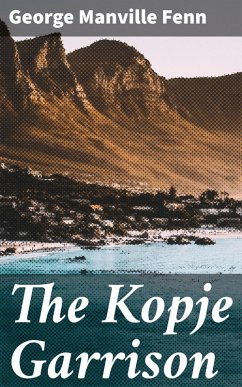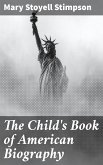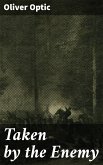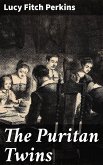In "The Kopje Garrison," George Manville Fenn crafts a gripping narrative steeped in the historical context of the Second Anglo-Boer War (1899-1902). The novel employs a blend of vivid characterizations and dynamic action sequences, encapsulating the harrowing experiences of British soldiers stationed at a strategic kopje in South Africa. Fenn's literary style is imbued with meticulous detail and a sense of realism, reflecting the author's deep engagement with military themes and the challenges faced during wartime. This work stands out as a poignant exploration of camaraderie, courage, and the tumultuous landscapes of combat, resonating with contemporary themes of valor and sacrifice. Fenn, an accomplished writer and war correspondent, draws on his own experiences and understanding of military life to infuse authenticity into his portrayal of the soldiers' struggles. His background in journalism and literature, combined with an interest in imperialism, informed his narrative choices, allowing him to explore the broader implications of warfare on society and the individual's psyche. His work often aligned with the Victorian fascination with adventure, contributing richly to the genre of colonial literature. Readers seeking an evocative historical novel will find "The Kopje Garrison" to be an engaging exploration of bravery under fire. Fenn's insightful depiction of the realities of war, combined with a gripping plot, makes this novel a captivating read for history enthusiasts and those interested in the complexities of the human spirit amidst conflict. It stands as a significant contribution to the canon of war literature, inviting readers to reflect on the sacrifices made in the pursuit of duty. In this enriched edition, we have carefully created added value for your reading experience: - Hand-picked Memorable Quotes shine a spotlight on moments of literary brilliance. - Interactive footnotes clarify unusual references, historical allusions, and archaic phrases for an effortless, more informed read.
Dieser Download kann aus rechtlichen Gründen nur mit Rechnungsadresse in A, B, BG, CY, CZ, D, DK, EW, E, FIN, F, GR, H, IRL, I, LT, L, LR, M, NL, PL, P, R, S, SLO, SK ausgeliefert werden.









